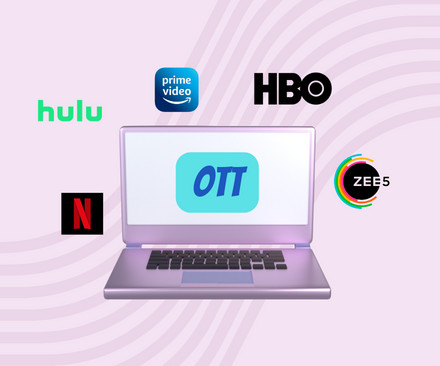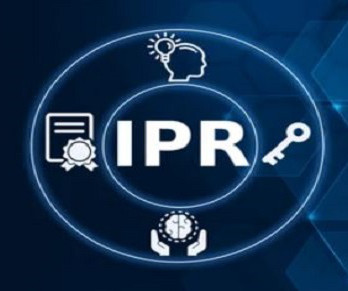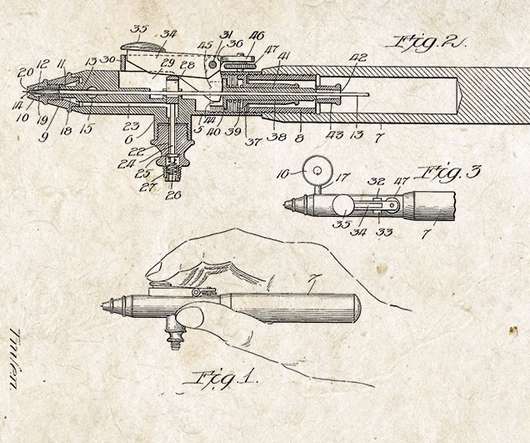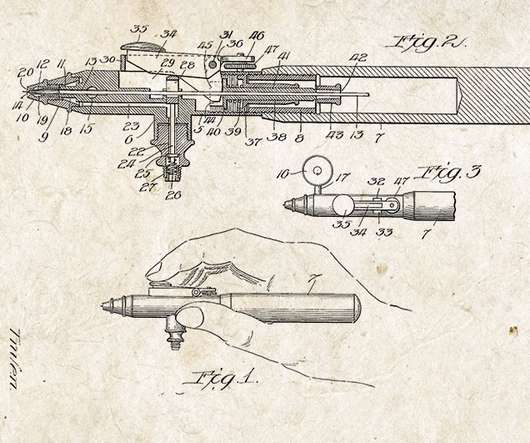[Guest Post] The wisdom of Dune and copyright litigation
The IPKat
OCTOBER 27, 2021
The author argues that copyright holders would do well to heed this wisdom before entering into litigation, as exemplified by a recent decision from the Swedish Patent and Market Court in case PMT 2401-21. The remaining 50% is evenly distributed over the rest of the roof, but not on the top two rows.













Let's personalize your content